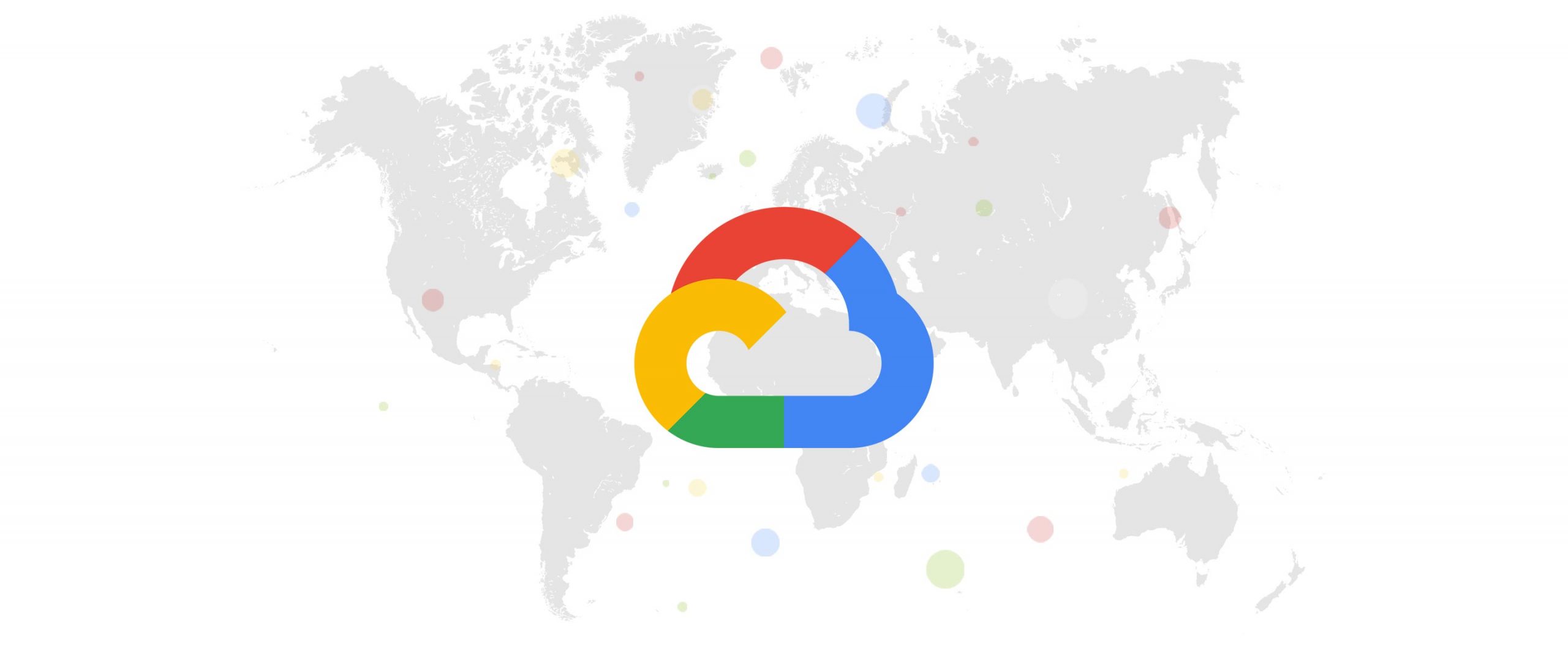Google Cloud Platform has signed its first strategic collaboration agreement to launch a region in the Middle East with the Qatar Free Zones Authority (QFZA).
Google Cloud Platform (GCP) regions are the cornerstone of the company’s cloud infrastructure. Over the past four years, the platforms have grown in number to 22, with 67 zones across 16 countries, delivering high-performance, low latency, zero emissions, cloud-based services to users throughout the world.
Recently in a blog published by Google Cloud’s Dave Stiver, Senior Product Manager, GeoExpansion, the company announced expansion plans to newer regions, including Doha, Qatar in the region.
He stated, “The region will launch in Doha, Qatar, allowing new and existing customers, as well as partners, to run their workloads locally. We see substantial interest from many customers in the Middle East and Africa.”
Stiver added that the company will launch additional cloud regions in Delhi (India), Melbourne (Australia) and Toronto (Canada).
He said, “Over the next year the firm will also open regions in Jakarta, Las Vegas, Salt Lake City, Seoul, and Warsaw.”
He explained that when it is launched, each region will have three zones to protect against service disruptions, launch with a portfolio of key GCP products, and offer lower latency to nearby users.
From redundant cloud regions to high-bandwidth connectivity via subsea cables, every aspect of the infrastructure is designed to deliver customers’ services to users, no matter where they are around the world, according to the firm.
When considering new regions, the company is prioritising to:
- Provide multiple in-country disaster recovery options: Having multiple regions in the same country gives you a secondary site for disaster recovery that lets you meet your business continuity requirements.
- Give you control of your data: The company understands its cloud services need to support the regulatory, security, and compliance requirements of global enterprises. Last year, it shared how to control where you put your data and who can access it, and it will continue to invest in data privacy, transparency, and security.
- Build with sustainability in mind: As more and more enterprises transition to the cloud, sustainable operations are seen as strategic to their business and they select partners who hold the same values.
“At Google we match 100% of the energy we use with renewable energy. This commitment to sustainability enables our customers to meet their own cloud computing needs with zero net carbon emissions,” said Stiver.
He added, “Delivering the best experience is our priority, and as our customer base expands around the world, we’ll also look to add other regions in new markets across the Middle East, Asia, Europe and the Americas to provide all of our users with reliable performance, security and leading sustainability.”
Customers can find more about the company’s global infrastructure here










Discussion about this post